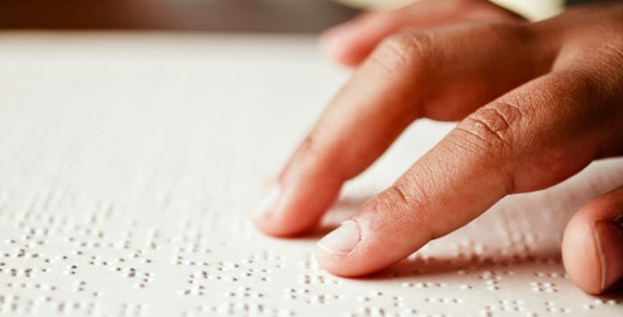
The convenience of online shopping is that you never have to leave your home – except this doesn’t benefit users with visual and auditory disabilities. The deaf and blind are fighting for the same convenience that everyone else shares, and have pressed companies like Netflix and Target with lawsuits to make their sites more disabled-friendly.
Netflix and Target are among the companies that lost the lawsuits imposed by the National Federation of the Blind and the National Association of the Deaf. Despite arguing that their sites were “beyond the scope of the ADA” (the Americans with Disabilities Act) as the Wall Street Journal reports, these corporations have so far been unable to get the judge to side with them.
Interestingly enough, the 1990 Americans with Disabilities Act hasn’t yet been changed by the courts despite attempts to upgrade it to fit with the age of the Internet. Courts have argued that the ADA only applies to physical spaces like public parks, restaurants, retail outlets, and other locations. Because the act was introduced in 1990, the Internet wasn’t of consequence and therefore not included in the act at the time. However individual judges from the Netflix and Target cases who eventually sided with the associations felt that the ADA did in fact cover new technologies, like the Internet.
“The fact that the ADA does not include Web-based services as a specific example of a public accommodation is irrelevant,” Massachusetts federal judge, Judge Michael Ponsor concluded after the Netflix trial he presided over.
That law may change soon enough. The U.S. Department of Justice may introduce new regulations in favor of the ADA. The result may mean that websites would be required to adopt the technology to make it easier for the deaf and blind to navigate the sites, without the use of a mouse. For instance, spoken descriptions for both photos and text boxes, and captions for the deaf would be a couple of features that may be required.
Retailers worry, however, that should new regulations be set by the Department of Justice, retailers would be forced to assume the burden of the extra resources costs it would be required to adopt these technologies, especially startup retailers. Those fees, as The Wall Street Journal reports, could be as much as 10 percent of the cost of developing their site. If the upgrades to make sites more accessible for disable and impaired users are introduced incrementally, the costs could be as little as 1-3 percent of the development cost.


